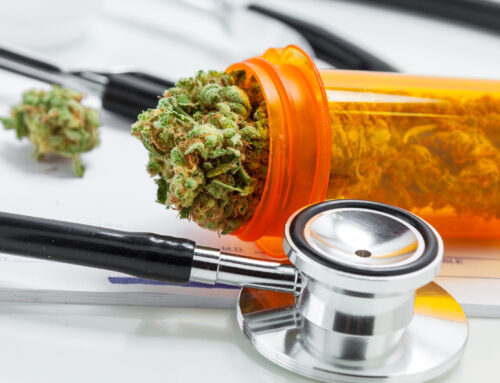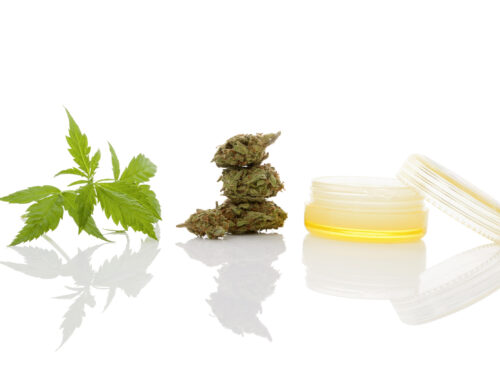
There are many variables and factors to consider when using cannabis for medicinal purposes, which can present a challenge for both physicians and users alike. Let us take a closer look into some of these considerations.
Let’s begin with the compounds; currently, the two predominant compounds that physicians base their cannabis recommendations on are CBD and THC. Each cannabis product contains varying amounts of THC and CBD, and their ratios will account for differing therapeutic uses.
When physicians prescribe cannabis to their patients, they consider many of the personal factors that vary from one patient to another. These parameters will determine the levels of CBD and THC the physician will recommend. For example, a patient with a cognitive condition such as dementia will be treated differently than a person with multiple sclerosis, glaucoma, or epilepsy. Also, an older patient living in a nursing home will be treated very differently than a young patient with an active lifestyle. Each treatment needs to be tailor-fitted to every individual.

Another important factor the physician needs to consider is the method of delivery, as there are several options when consuming medical cannabis. They can be categorized into four general methods; inhalation (smoking or vaporizing), sublingual’s (tinctures or extracts), ingestion (oils, raw, capsules, and edibles), and topical treatments (such as applying lotion or transdermal patches to the area directly).

Each of these methods has its pros and cons. For example, smoking or vaporizing will bring about the fastest onset of cannabis, which is useful for quick relief of symptoms; however, the effects will typically only last between 1-4 hours. On the other hand, ingesting cannabis products by mouth, such as edibles, will have the longest duration, ranging anywhere from 4-8 hours, and in some cases even longer. The downside of ingesting cannabis is that it has the slowest onset and can take up to two hours to begin feeling any effect. The type of edible will also determine the time it takes to start feeling the effects, with hard candies acting quicker.
The physician will therefore need to consider all these factors and recommend the proper method of ingestion, the levels of CBD:THC, and a specific intake schedule, to arrive at the desired therapeutic result(s). They may also adjust the patients’ recommendation periodically as physiological responses to medical cannabis may vary from individual to individual.
It is worthwhile to note that the prescription or recommendation does not include the strain type, terpenes, or other cannabinoids, all of which are essential variables in the desired therapeutic effects. Therefore it is important to understand and be mindful of the cannabis’ plant “entourage effect”, which is the combined effect of all the different compounds found in cannabis that work together to produce a greater effect than if working separately.
As an example, terpenes work synergistically with cannabinoids, thereby contributing significantly to the overall effects a user will experience and magnifying the therapeutic benefits. Therefore consuming a whole plant extract will have a very different therapeutic effect than consuming a CBD:THC only product, where all other compounds have been extracted (i.e., terpenes, flavonoids, and other cannabinoids).
Finding the proper medical cannabis treatment for each patient, including the optimal strain for the specific condition, the correct method of intake, dosage, and CBD:THC ratio, requires many factors and personal elements to be taken into consideration by the physician. Patients need to understand that cannabis treatments are natural remedies, and it takes time to reach the desired effects.
Relief does not occur immediately with the first intake of cannabis. Therefore, it is recommended to keep a patient log of your cannabis consumption and doses. Dosing is highly individualized and relies greatly on titration; that is, beginning with a small dose and slowly increasing your dosage until you find your effective therapeutic dose.
Heeyl’s network of physicians is here to guide you with their years of experience. They will provide you with personalized and professional medical guidance throughout your treatment. When required, they may adjust your cannabis recommendation as needed until you reach your desired therapeutic goals.






